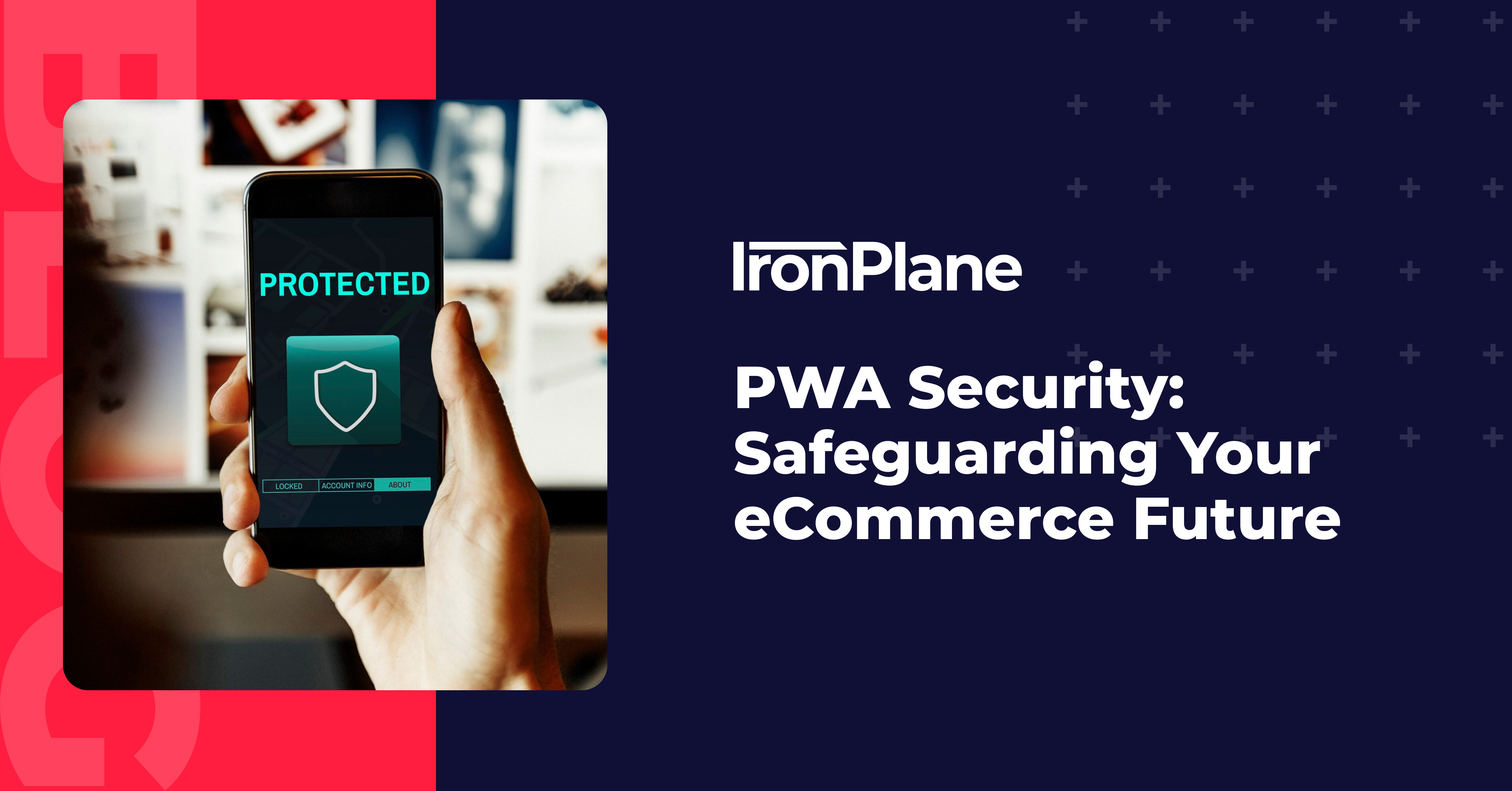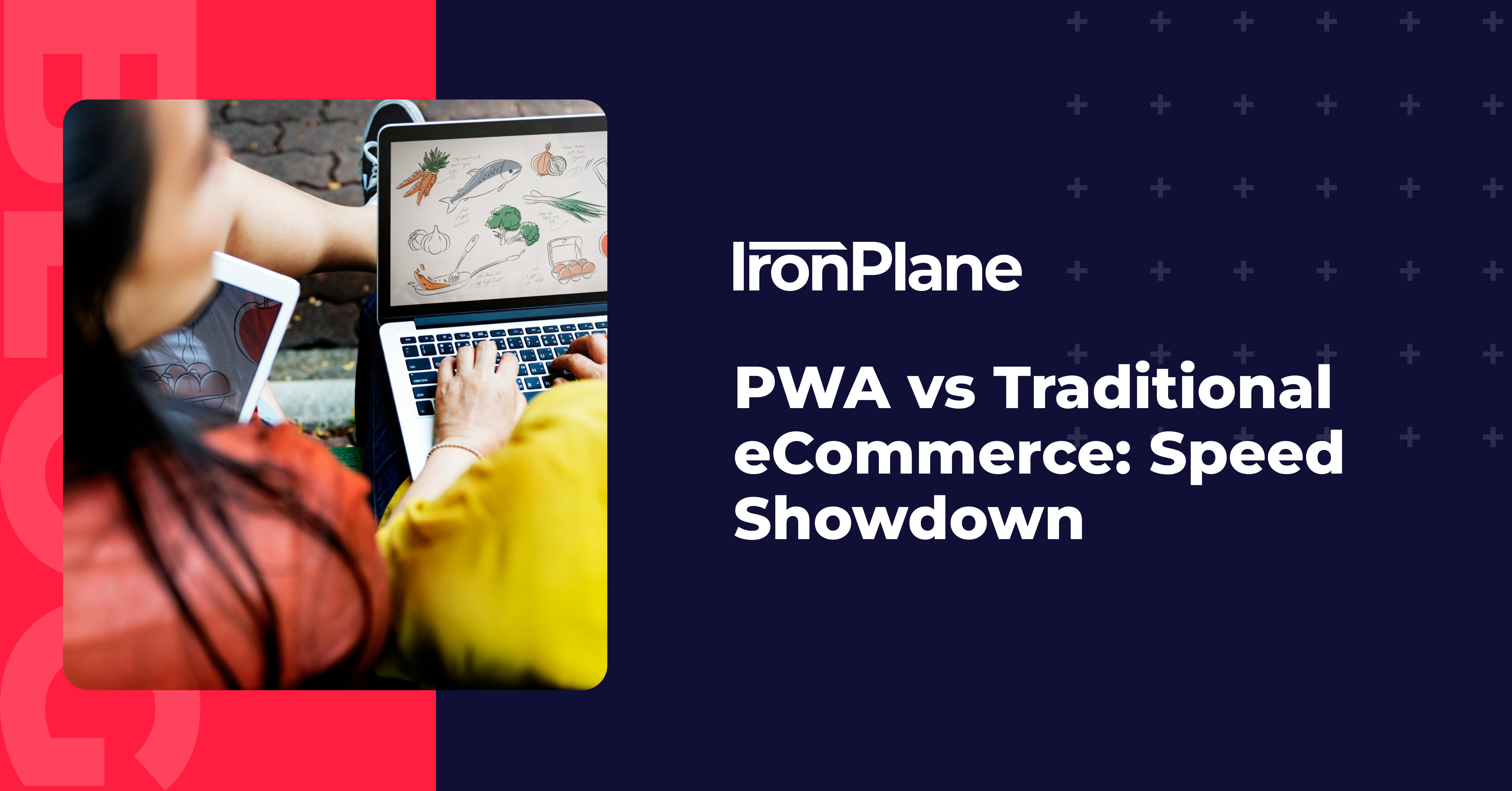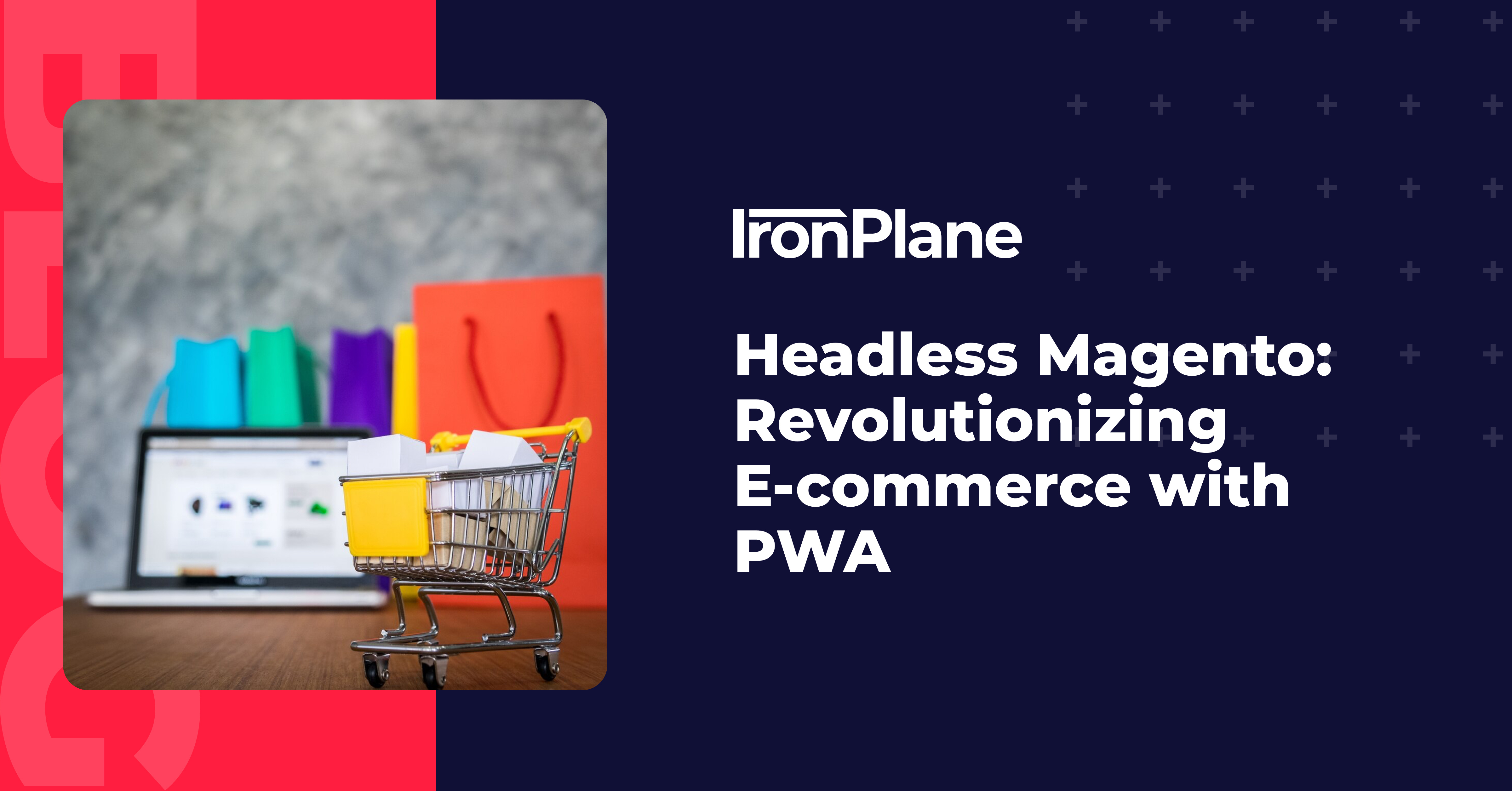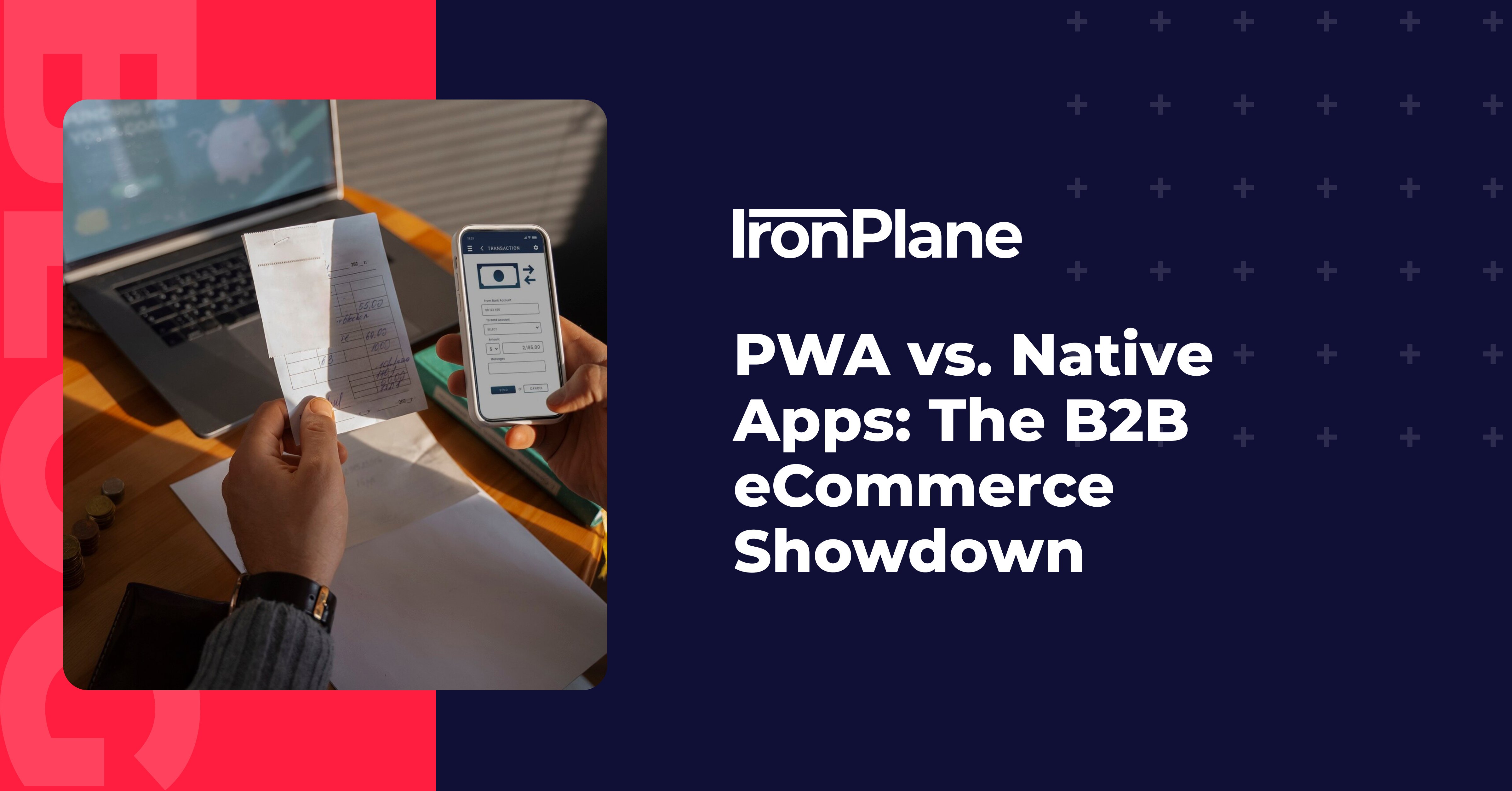PWA vs Traditional eCommerce: Speed Showdown
In today's fast-paced online world, speed is everything. Shoppers want quick, smooth experiences when they browse and buy. That's why many businesses are looking at Progressive Web Apps (PWAs) as a way to speed up their online stores.


 Jeff Zoldy
Jeff Zoldy






